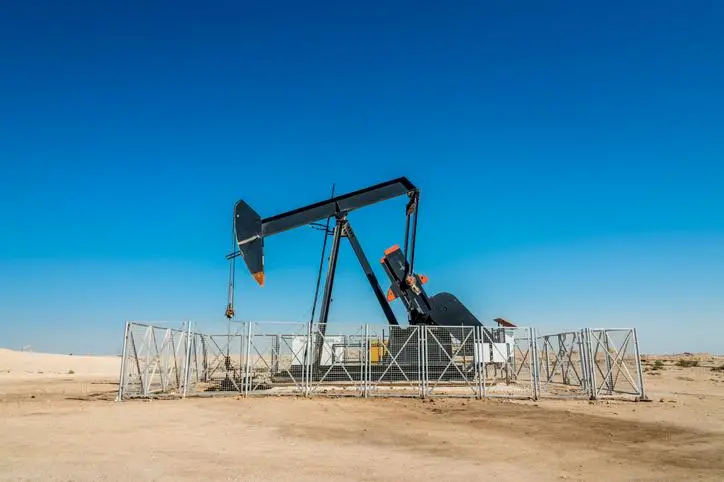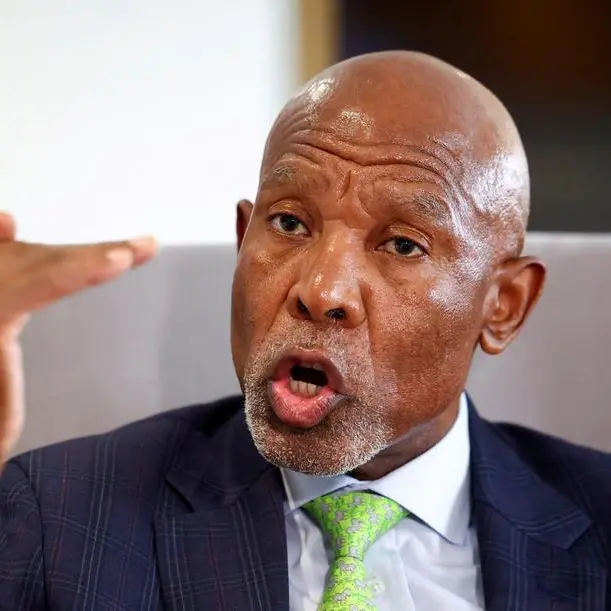PHOTO
UAE - Residents across the UAE who have been enjoying the low oil prices over the last few years will have to face increased pressures in planning their budget, as inflation begins to rise alongside oil prices.
The Ministry of Energy deregulated oil prices from August 1, 2015, and the decision was based on in-depth studies that fully demonstrate its long-term economic, social and environmental impact. With the adoption of the new policy, oil prices in the country are now linked to global prices.
Naveen Sharma, chairman of ICAI UAE, Dubai Chapter, noted that residents enjoyed a period of almost no inflation in 2015 and 2016, as oil prices were comparatively low. Now though, with the increase in oil prices, there will be inflation pressures.
"The oil prices are now market driven, and we have all enjoyed the benefit of low prices earlier," he said. "Now, the prices have increased and the oil sector has become more profitable, which means the economy will generate more jobs, attract more investment, and it will benefit all of us."
Sharma is of the opinion that market-driven oil prices are in the best interest of everyone; because when the oil prices are low, consumers reap the benefits, and when the oil prices are high, the industry will benefit generating more jobs and improving the economy.
Speaking about the impact on various sectors, he said: "The beauty of competition is that it balances different sectors. An increase in oil prices does not increase inflation substantially. You can see the housing sector is more lucrative now."
Vishant Mehta, manager, internal audit at Al Shirawi Group, noted that inflation has risen to 3.5 per cent in the UAE, as the value added tax (VAT) and higher oil prices impact the economy.
"With the rise in oil prices, normal household budgets are set to rise, due to the inflationary pressure," he explained. "Although the inflationary pressure is felt on the economy, it has been negated by the overall economic development and will support domestic demand. Due to the deregulation of the oil prices, vast amounts of liquidity will be at the government's disposal."
These funds can be used to provide more housing, invest in higher education, enhance healthcare plans, develop new welfare programmes and establish partnerships with the private sector, which will open up more job opportunities for Emiratis.
Mehta also noted that with an average UAE household spending about 11 per cent of their budget on transportation, the impact of the higher oil prices will largely be seen on an individual's transport budget.
"The fact is that the cost of living is on the rise, especially in the area of schooling, rents and utilities," he added. "The lifting of subsidies will certainly not help in that area as inflation is expected to rise due to the overreaching power of the oil sector to other sectors. The economic structure of the UAE is not maintainable without the large expatriate workforce; and being less attractive for professionals to work and live in the Emirates would have to be addressed by the government before the deregulation effects become evident."
Furthermore, he noted that the oversupply of residential units in the country has brought down rents, which is seen as a big relief currently. "The next few years will be very interesting for the UAE economy and the future will be defined by the way the UAE Government will manage the upcoming challenges," he said.
Like Mehta, Asif S. Master, group finance director at Al Shirawi Group, said that the increase in oil price has led to an increase in transportation prices - which make up 10 per cent of the consumer price index (CPI). Higher oil prices will also support domestic demand, putting upward pressure on inflation. However, he noted that there is a positive point to be observed.
"We have noticed Brent oil prices getting stabilised at the current level of $75-$80 and at this level, the revival has begun in the oil and gas sectors," he said. "Big oil and gas companies have started with the capital and maintenance expenditure which they had postponed during the lower oil prices, which in turn has generated business for companies in the mid and small segments. This is a very positive sign which will have effect in the long run for the economy."
Copyright © 2018 Khaleej Times. All Rights Reserved. Provided by SyndiGate Media Inc. (Syndigate.info).





















